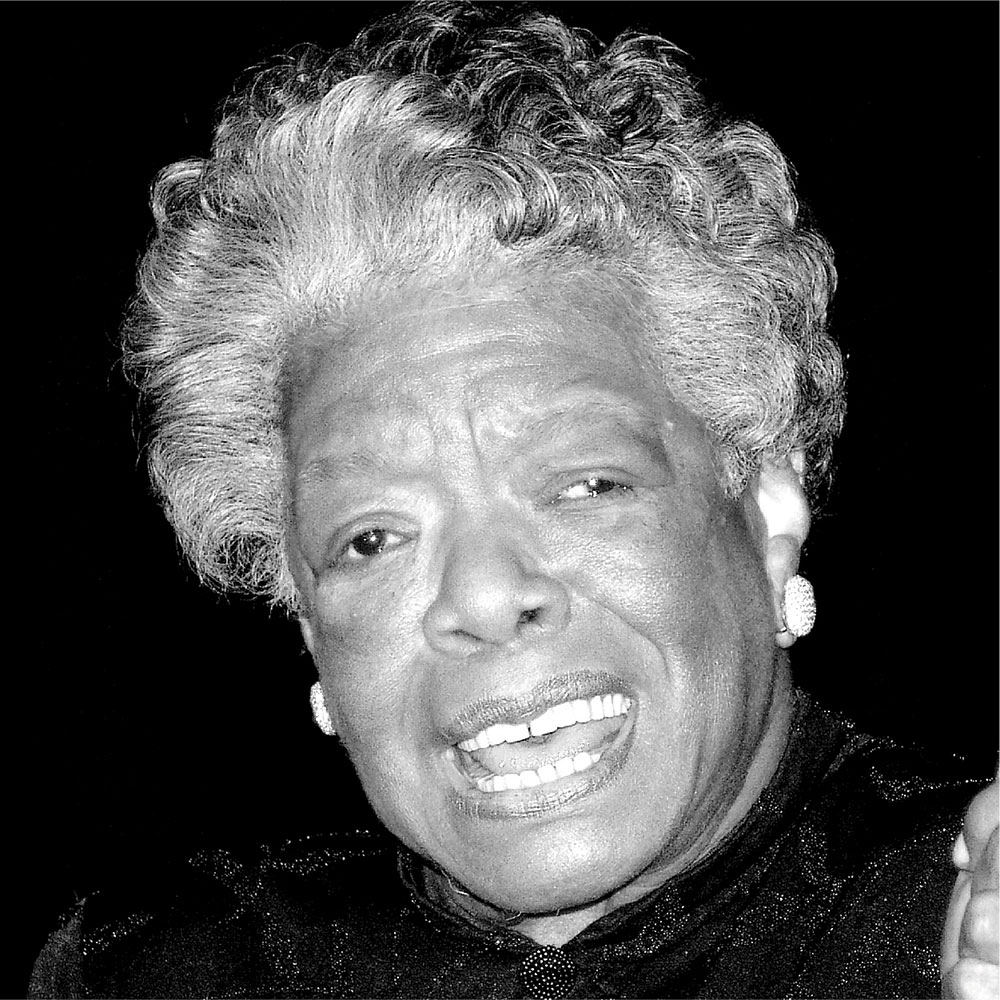Greetings and Welcome from our Chief Diversity Officer

Our Dear LCC Community,
You are invited to join us on this journey of empowerment as we continue immersing
ourselves into a campus culture that embraces the Powerfulness of Diversity, the Rightness of Equity, the Warmth of Inclusion & the
Security of Belonging toward a strong LCC community and a better world.
We believe that at the end of the day, D + E + I + B must equal empowerment if we
are to truly see people rise up and give their best to a society based on their uniqueness
which is unduplicable. In this world of 8+ billion people, there is no second ‘you’
and your thumbprints prove this. Hence our reason for extending an invitation to you
is so that we can enjoy all that you add that we cannot and vice versa. Read More
Our focus is to also redefine diversity so that all members of our community can truly
enjoy inclusivity based on what each contributes through their uniqueness. Once a
second person is present, there is diversity even if both share high homogeneity.
Each is unique. While we are ever aware of groups that have experienced hardships
for many reasons, we want to ensure we wrap these groups with love, respect and support
as well as all others. We are taking precautions to ensure we do not develop a community
of discrimination, division, or new types of segregation. Our goal is unity and rights
for all as expressed by Dr. Martin Luther King Jr. “Injustice anywhere is a threat
to justice everywhere. We are caught in an inescapable network of mutuality, tied
in a single garment of destiny. Whatever affects one directly, affects all indirectly”
and Malcolm X: “I believe in human rights for everyone, and none of us is qualified
to judge each other and that none of us should therefore have that authority”. We
are committed to ensuring their fight and the fight of many others for a better world
remain worthwhile.
Within the Office of Empowerment, we are pleased to serve you through the Cesar Chavez Multicultural Center (CCMC), the Maya Angelou Training Center (MATC) and the Martin Luther King Jr. Equity Center (MLKEC). Cesar Chavez Multicultural Center was previously known as Cesar Chavez Learning
Center. We added multicultural to the Cesar Chavez center name since this leader’s impact transcended boundaries
and affected all cultures and we wanted to ensure that all students feel welcome.
The Maya Angelou focus is so that all who come through our training will feel empowered
and in spite of life’s challenges, still rise! (Her poem, ‘Still I rise’). We chose
Dr. Martin Luther King Jr’s face for our center to reflect and further his unwavering
desire toward equity for all.
We look forward to serving you through the Office of Empowerment (OE). Let’s make a good difference, together.
Love, Dale
Come on in and Visit Our Centers
BUILDING ON A FOUNDATION OF LOVE

Martin Luther King Jr. Equity Center
And I say to you, I have also decided to stick with love, for I know that love is ultimately the only answer to humankind's problems.

Love recognizes no barriers. It jumps hurdles, leaps fences, penetrates walls to arrive at its destination full of hope.

Cesar Chavez Multicultural Center
Never, never is it possible to reach someone if you become angry or bitter only love and gentleness can do it.
Equipping LCC Stars through
Diversity, Equity, Inclusion & Belonging (DEIB)

You are Invited!
Variety of DEIB Topics for live discussions

Our OE Podcasts (Coming Soon)
You are Invited!
Chats with Internal & External Partners

Keeping you Informed!
Newsletters and data reporting.
Office of Empowerment Commitments
Our Purpose
A college where empowerment is about each unique member feeling that they belong and that they are equipped to enjoy their life’s purpose with meaning and fulfillment.
Our Goal
To empower each member of Lansing Community College through inclusionary programs, training, resources, mentorship, consulting expertise, collaboration and accountability toward a healthy and inclusive campus culture that is transformational.
Our Pillars
We embrace a culture of care that stands on the pillars of love, respect and support.
Let's Sip and Reflect!
Do connect with me if you desire to chat about what is posted in our encouragement area or other thoughts you may have on your heart to share. We grow so much through listening. I would love to hear your voice.

How can we serve you?
Office of Empowerment (OE)
Arts & Sciences Building, Suite 1317
Office: 517-483-1118
Email: youareinvited@lcc.edu




